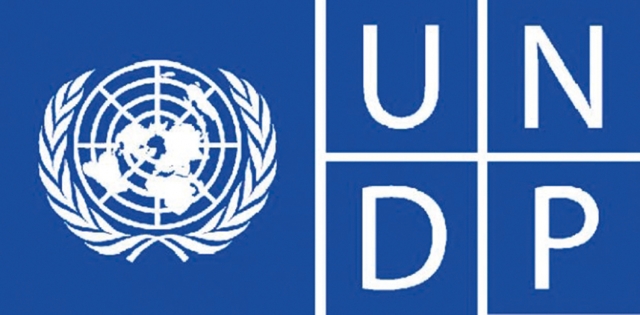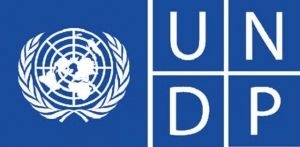A Look at Georgia’s Progress in the National Strategy & National Human Rights Action Plans
The National Strategy for the Protection of Human Rights 2014-2020 was adopted by the Georgian Parliament in 2014. With just a year remaining, and with the up-coming parliamentary elections, it was only appropriate to take a look at the progress achieved in the implementation of the National Strategy and associated National Human Rights Action Plans in Georgia. So, commissioned by the European Union, the United Nations Development Program (UNDP) and the Office of the UN High Commissioner for Human Rights (OHCHR), on October 18 an independent expert was invited to present a report on legislative and policy reforms of Georgia over the past six years.
The assessment, prepared by independent human rights expert Maggie Nicholson, covered all major areas of Georgia’s National Human Rights Strategy for 2014-2020. The report showcased significant achievements of Georgia in protecting and improving human rights over the past six years. The report also included recommendations on closing human rights gaps.
The country’s top priorities, according to Nicholson’s findings, include protecting the independence of judges and prosecutors, preventing discrimination, defending media pluralism and developing a culture of transparent, democratic law-making.
“Respect for human rights is at the core of EU-Georgia relations,” said Ambassador of the EU to Georgia, Carl Hartzell. “It remains our goal to continue assisting Georgia in building a society where a culture of human rights takes firm root throughout the country and for all citizens. We are looking forward to supporting the development of the next national human rights strategy here in Georgia.”
“Protecting human rights requires deeds as well as words,” said UNDP Head Louisa Vinton. “Although Georgia has made praiseworthy progress in almost all areas covered by the current strategy, much human rights business remains unfinished.
Coming just a year before the strategy ends, this new assessment provides a helpful and timely roadmap for Georgia to follow in advancing its human rights journey.”
The ‘Human Rights for All’ program helped with the implementation and monitoring of Georgia’s National Human Rights Strategy for 2014-2020 and accompanying Action Plans for 2016-2017 and 2018-2020 in areas prioritized by EU-Georgia agreements. These included the rights of minorities and vulnerable groups, internal and external oversight of law enforcement, labor rights, freedom of expression and information, the protection of privacy and personal data as well as child rights.
The EU and the four UN agencies worked hand in hand with Georgia’s government, parliament, civil society and human rights institutions to increase national capacities for the protection of human rights, adopt new legislation and improve existing policies, promote a human rights-based approach in law-making and operation of the state agencies, and advocate a culture of human rights across society. Monitoring and impartial analysis of the human rights situation in Georgia was one of the priorities of the program. Two surveys released in 2017 and 2018 probed public perceptions on human rights, and independent assessments by expert Maggie Nicholson were commissioned in 2017 and 2019.
The report was commissioned under the joint EU-UN ‘Human Rights for All’ program which was implemented over nearly four years by four UN agencies: UNDP, OHCHR, UNICEF and the International Labour Organization (ILO).
By Nini Dakhundaridze












